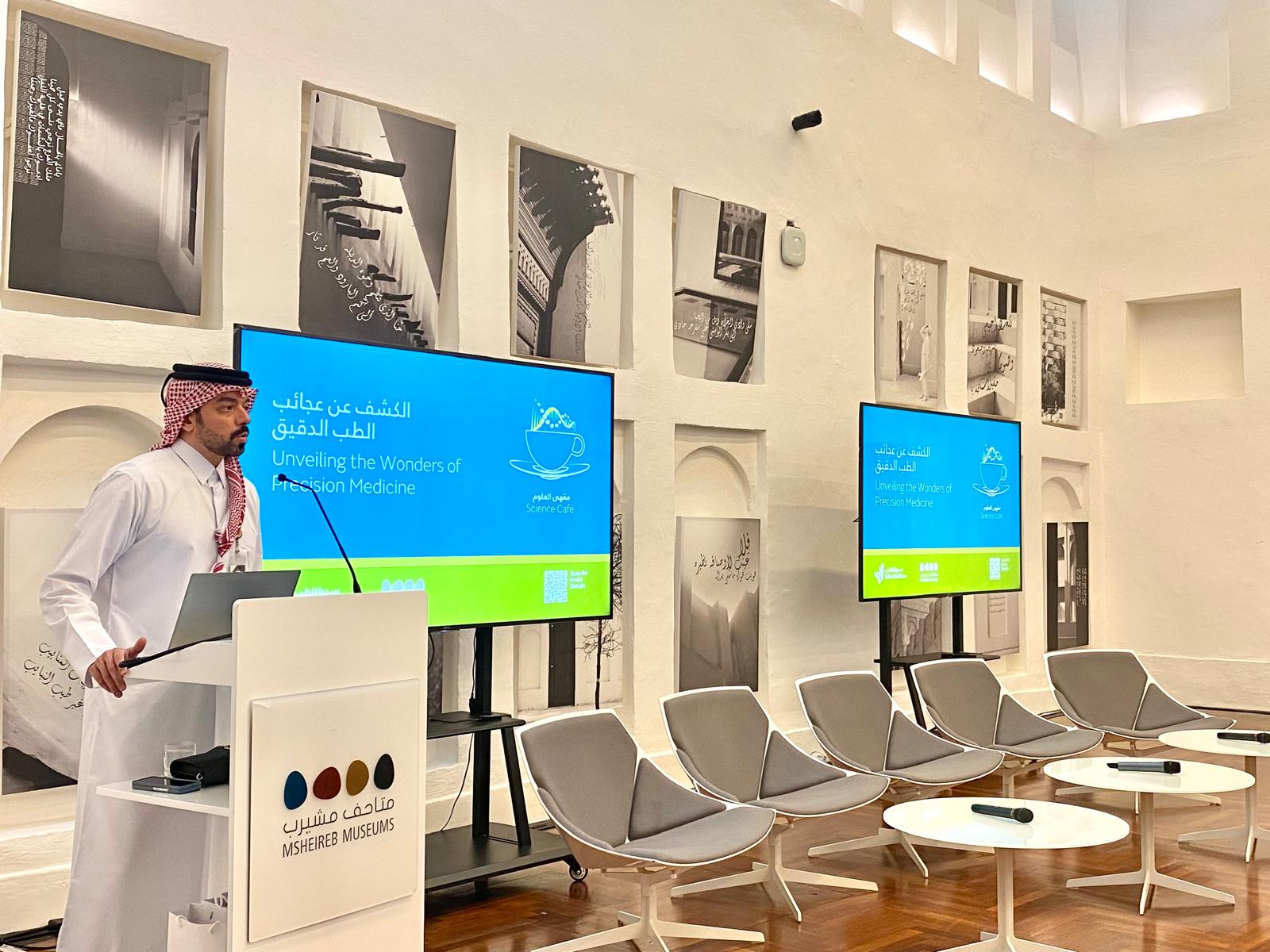
A Qatar court has instructed one of the country’s largest private hospitals to pay QR200,000 (US$54,924) to the family of a Lebanese man who died several days after undergoing gastric bypass surgery.
The “excessively obese” man was admitted to Al-Ahli Hospital on Jan. 30, 2012 for his third weight-loss surgery.
He had gastric sleeve operations – a procedure that involves removing a portion of the stomach – at the same facility in 2004 and 2008, according to court documents.

Doctors planned to perform gastric bypass surgery on the patient laparoscopically by making several small incisions in the abdomen and stapling parts of the stomach to reduce how much food can enter.
But after starting the procedure, doctors decided to switch to an open surgery, which involves making a larger incision through the belly.
After the surgery, the patient developed sepsis, which is typically triggered by an infection, and several of his organs failed.
He was transferred to Hamad General Hospital on Feb. 2 and died three days later, according to the administrative court’s verdict.
While the ruling was delivered earlier this year in late May, the full written judgement only recently came to light after first being reported by Al Sharq.
Qatar is reportedly reviewing the country’s laws surrounding medical malpractice claims to provide better protect to both patients and health care providers.
Earlier this year, Ibrahim Janahi, senior consultant and head of pediatric pulmonology at Hamad Medical Corp., told a seminar hosted by Weill Cornell Medical College in Qatar that draft legislation was in the works that would remove some of the ambiguity and uncertainty that currently exists.
Lawsuit
Bariatric surgery is becoming increasingly popular in Qatar as the country grapples with growing obesity challenges.

Some 2,000 residents had weight-loss operations performed in 2013, while another 3,000 were on a waitlist for a procedure, medical officials said last year.
Possibly complicating this case, the patient was suffering from type 1 diabetes, high cholesterol and obstructive sleep apnea, according to the court’s verdict.
While it was not suggested that any of these conditions played a role in the man’s death, the lawyer representing the family argued that bariatric operations should only proceed after doctors ensure that the patient is fit for surgery.
The lawyer accused Al-Ahli Hospital of failing to properly sterilize its tools and equipment and argued that doctors did not adequately close and clean the incision area.

He also suggested that Al-Ahli failed to take all necessary precautions during the operation and said there was a lack of coordination between the different hospital departments.
“There was no system in place to address the fast deterioration of the patient’s condition,” the family’s lawyer argued.
The lawsuit also took aim at HMC, accusing it of failing to have specialists on hand when the patient arrived. It also faulted medical staff for not treating the man in the intensive care unit immediately before his death.
HMC did not respond to a request for comment. Al-Ahli officials could not be reached Thursday afternoon.
Compensation
The victim’s family requested that both hospitals pay a total of QR100 million ($27.46 million) for the suffering and grief they experienced after the man died, as well as for the loss of future household income due to the loss of the man’s salary.
The court commissioned a three-doctor committee to review the man’s medical reports to discern what exactly happened and who should be held responsible.
While the court verdict did not provide specific details, it said the medical committee found “a direct causal relationship” between the man’s death and how the doctors at Al-Ahli both performed the procedure and provided post-operative care.

The doctors exonerated HMC, saying there was no evidence of negligence on the part of its doctors and noting that the man was already in “very critical condition” by the time he arrived at Qatar’s largest hospital.
The judicial panel hearing the case, led by presiding judge Muhammad Abdalmunim al-Sharqawi, subsequently ordered Al-Ahli to pay the victim’s family QR200,000 in compensation.
The ruling gave no indication of how it arrived at the monetary figure, which is a fraction of what the victim’s family was seeking.
However, the amount is line with the amount of financial compensation, often referred to as “blood money,” that Qatar courts typically order in cases of criminal deaths.
Thoughts?







